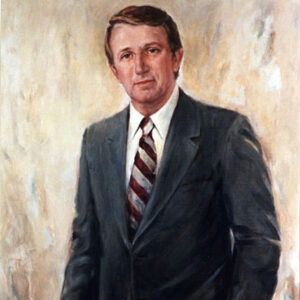 Dale Bumpers
Dale Bumpers
Gender: Male - Starting with B
 Dale Bumpers
Dale Bumpers
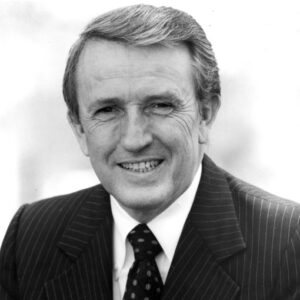 Dale Bumpers
Dale Bumpers
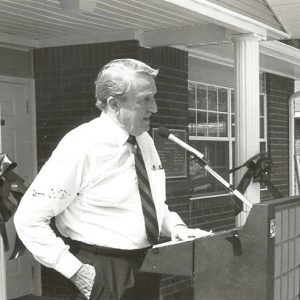 Dale Bumpers
Dale Bumpers
Bumpers, Dale Leon
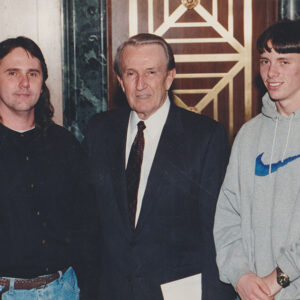 Bumpers in Cabot
Bumpers in Cabot
Bunch, Bradley
Bunch, William
aka: Peetie Wheatstraw
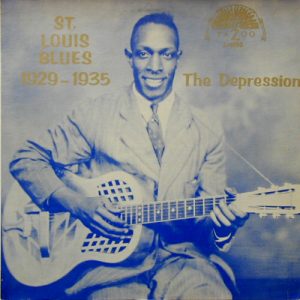 William Bunch
William Bunch
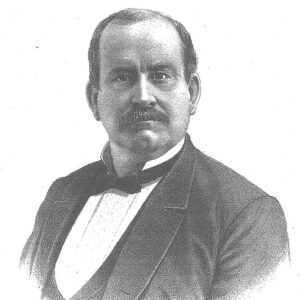 H. G. Bunn
H. G. Bunn
Bunn, Henry Gaston
 Dan Bunten
Dan Bunten
Burgess, Franklin
Burgess, Sonny
aka: Albert Austin Burgess
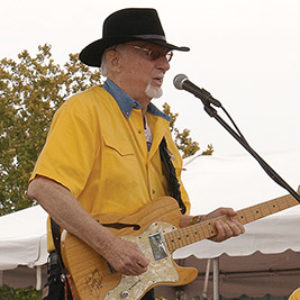 Sonny Burgess
Sonny Burgess
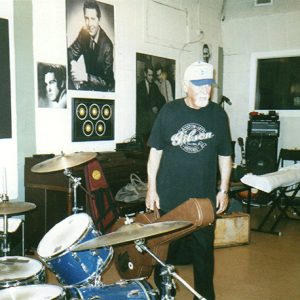 Sonny Burgess at Sun Studios
Sonny Burgess at Sun Studios
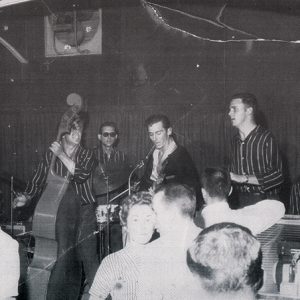 Sonny Burgess & the Pacers
Sonny Burgess & the Pacers
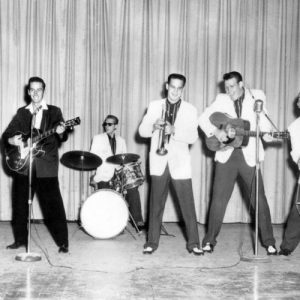 Sonny Burgess and the Pacers
Sonny Burgess and the Pacers
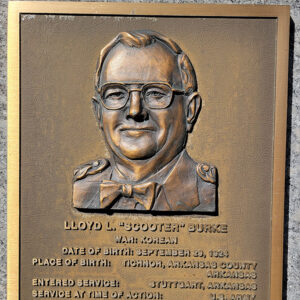 Lloyd L. Burke Plaque
Lloyd L. Burke Plaque
Burke, Lloyd Leslie “Scooter”
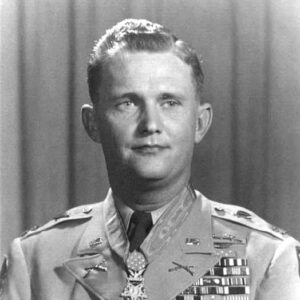 Lloyd "Scooter" Burke
Lloyd "Scooter" Burke
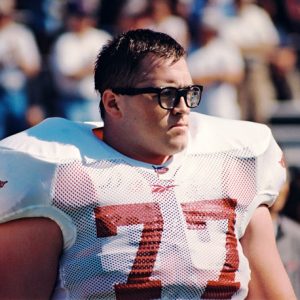 Brandon Burlsworth
Brandon Burlsworth
Burnett, Henry (Execution of)
Burns, Billy Don
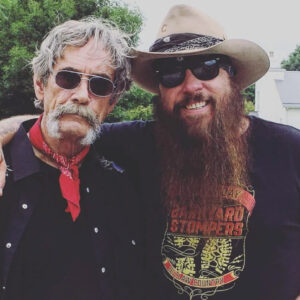 Billy Don Burns
Billy Don Burns
Burns, Bob
aka: Robin Burn
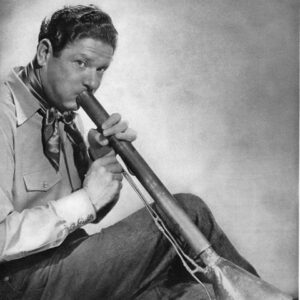 Bob Burns with Bazooka
Bob Burns with Bazooka
Burr, Edward Everett
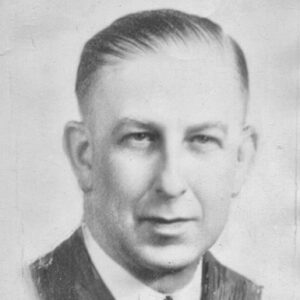 Everett Burr
Everett Burr
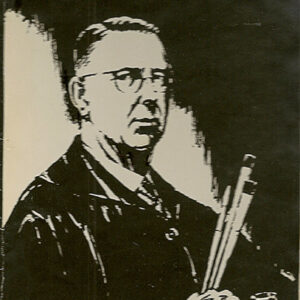 Everett Burr Self-Portrait
Everett Burr Self-Portrait
Burris, Sidney
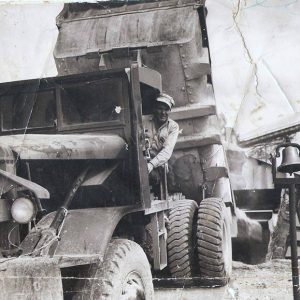 Olen Burrow
Olen Burrow
Burton-Aikin Feud
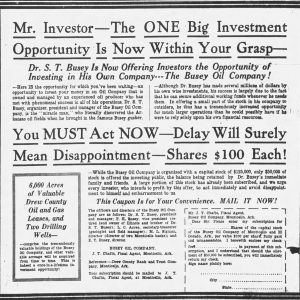 Busey Oil Ad
Busey Oil Ad
Busey, Samuel Thompson
Bush, John
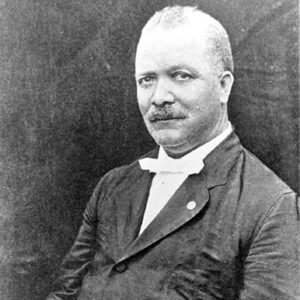 John Bush
John Bush
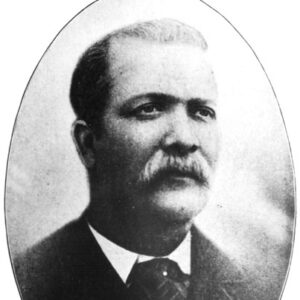 John Bush
John Bush
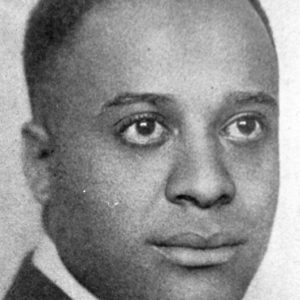 A. E. Bush
A. E. Bush
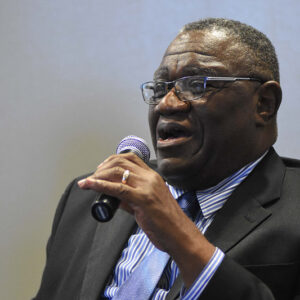 Robbie Bush
Robbie Bush
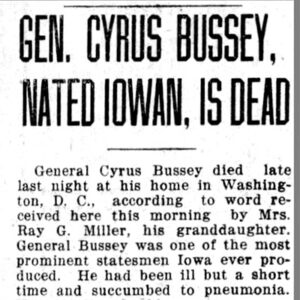 Cyrus Bussey Death Notice
Cyrus Bussey Death Notice
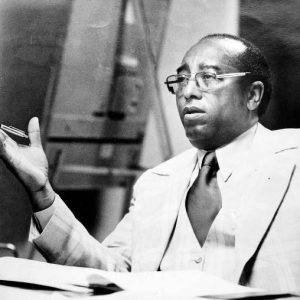 Charles Bussey
Charles Bussey
Bussey, Charles E., Jr.
Bussey, Cyrus
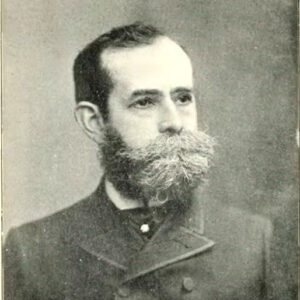 Cyrus Bussey
Cyrus Bussey
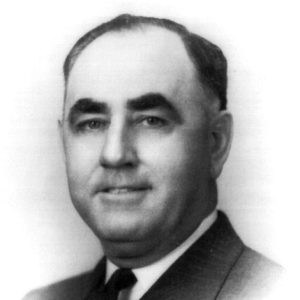 Ben Butler
Ben Butler
Butler, Ben F.
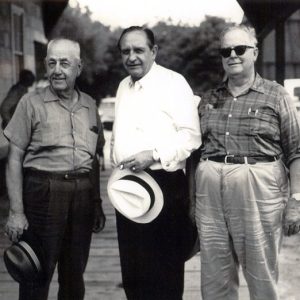 Ben Butler with Orval Faubus
Ben Butler with Orval Faubus
Butler, Bobby “El Charro Negro”
Butler, Jack
aka: Jack Armand Butler Jr.
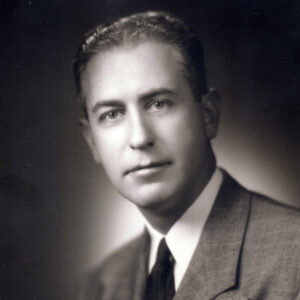 Dick Butler
Dick Butler




